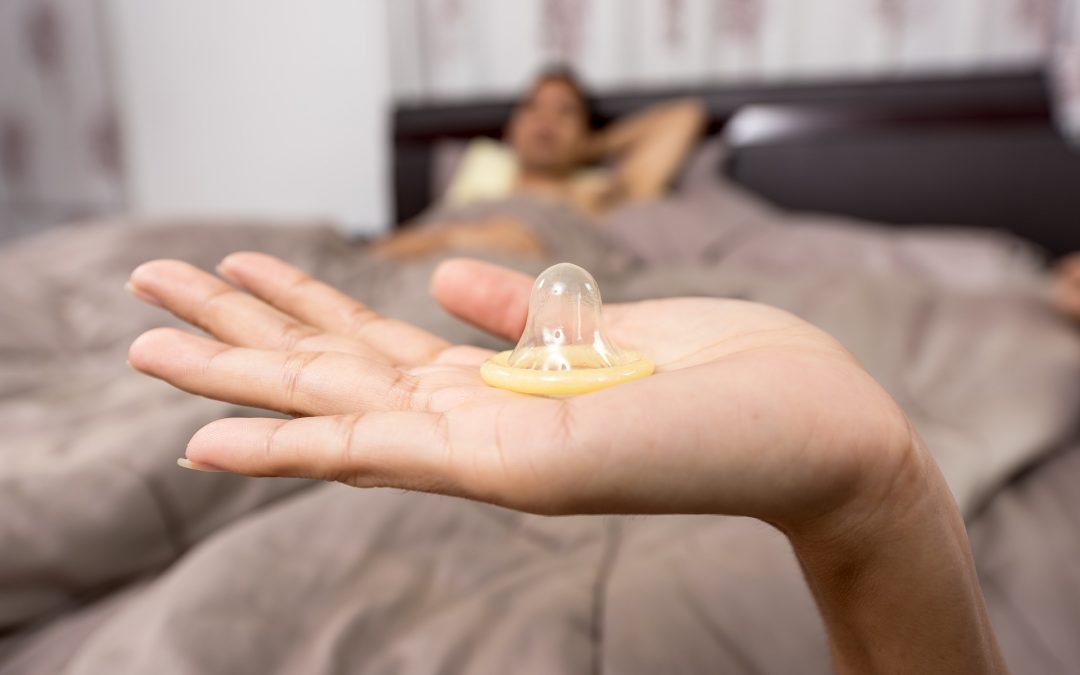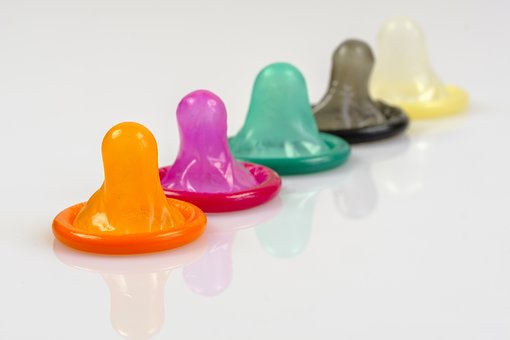
Gynaecological corner: How to use hormonal contraception
Gynaecological corner: How to use hormonal contraception
Lately, many girls have been contacting us with questions about taking hormonal contraceptives or “pills”.
You want to know whether it is OK to start taking them before or after menstruation has already started, what to do if we failed to take a pill, how to use pills to delay menstruation or do you have another question?
Our gynaecologist in the text that follows answered some of the questions you most frequently asked us!
Oral hormonal contraception is the safest method of protection against pregnancy. Today’s hormonal contraception has a low hormone content, so it can be taken for years without a break. Today we use it, in addition to protection against pregnancy, as a therapy for hormonal disorders, cosmetic problems, regulation of heavy, prolonged or painful menstruation, etc.
Before taking the pills, a gynaecological examination with a PAP test is performed, if the girl is already sexually active, in addition to laboratory tests, a detailed medical history, information about diseases in the family or disease affecting the girl. A doctor then prescribes and explains in detail how to take hormonal contraceptives. If it is started for the first time, then the pills are taken on the first day of menstruation, so that protection begins immediately after that menstruation. It should be noted in particular that the pills must be taken regularly, at the same time. This is because in case you miss or forget to take a pill, it is important how many hours have passed since taking it regularly (i.e. how late are you for taking a pill) to allow assessment regarding which additional procedures or protection should be applied. Depending on the type of hormonal contraception, the procedures to be used are described in detail in the instructions provided in each package. Some girls, if they forgot to take the pill, use emergency contraception, and then it is recommended to use a barrier protection (a condom) and continue taking regular hormonal contraception.
Today’s low-dose contraception very rarely causes side effects. Sometimes there may be an increased appetite or light vaginal bleeding (spotting) may occur during taking. This bleeding may occur during the first 3 months of taking the pills and will only stop spontaneously, while maintaining protection at all times. With hormonal contraception, menstruation become shorter, scanty, less painful, and sometimes occurs only as a light discharge. There is no need to worry about this, unless one or more pills are forgotten and thus the effectiveness of the protection is reduced. It is very important that the girl reads the detailed instructions about the pills, which can be found in the box. This should be understood as information that will help, so that the girl knows what to do in the case that any changes occur.
If vomiting or diarrhoea occur while taking the pills, then pill adsorption is reduced, and thus the protection. If vomiting occurs within 3-4 hours of taking the pill, then it is necessary to take a replacement pill, preferably within 24 hours. In certain situations, if necessary, menstruation can be delayed with hormonal contraception, most often by consuming one pack and then immediately continuing to take the pills from the other pack, without a break. It is best to consult a gynaecologist, because there are differences, depending on the type of birth control pill, regarding the duration, i.e. the number of placebo pills that should be omitted in the case of delaying menstruation.
AUTHOR: Primarius Nives Šikanić Dugić, MD, spec. gynaecologist, MSc

Udruga roditelja “Korak po korak” je korisnica institucionalne podrške Nacionalne zaklade za razvoj civilnoga društva za stabilizaciju i/ili razvoj udruge.








